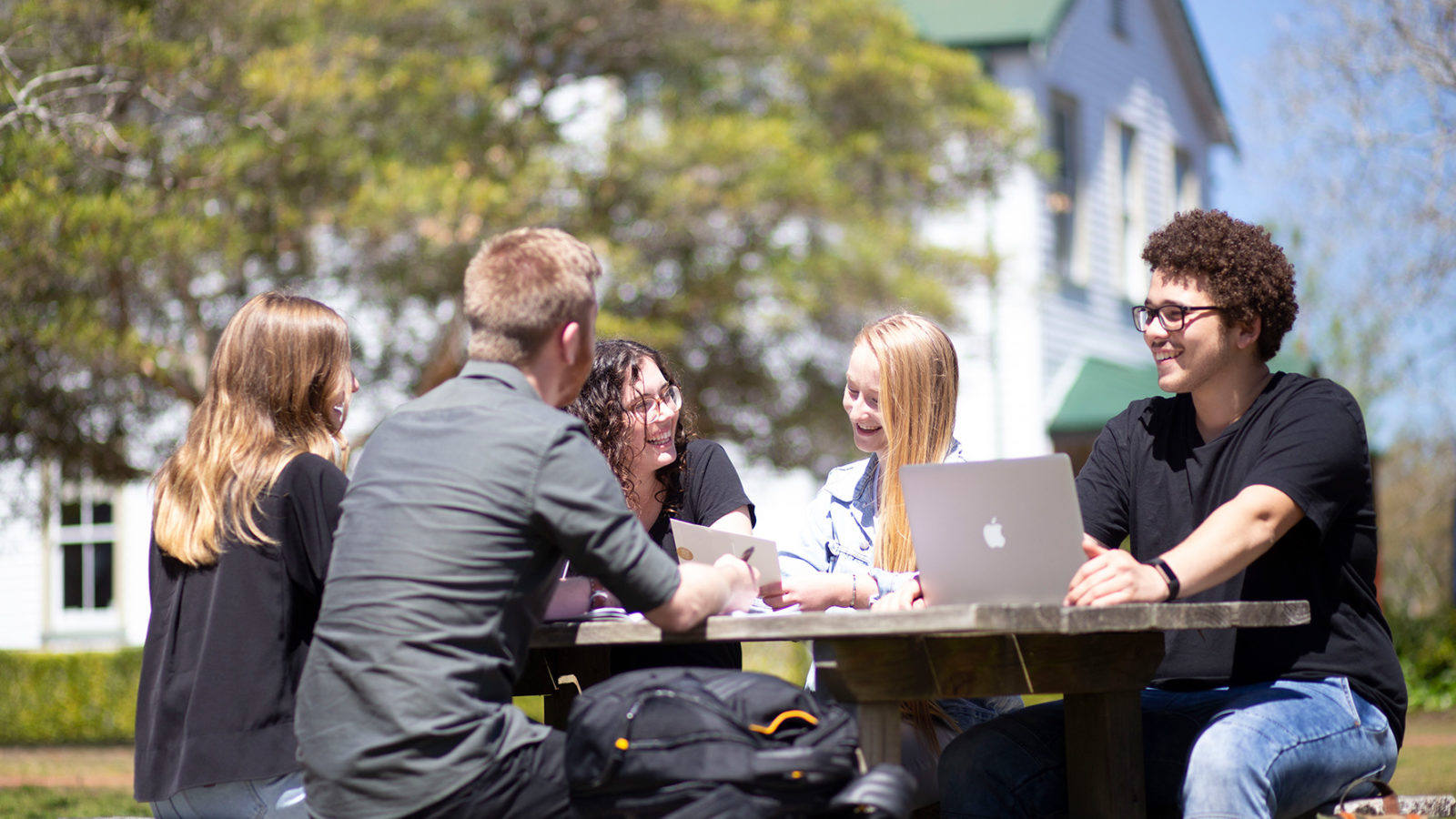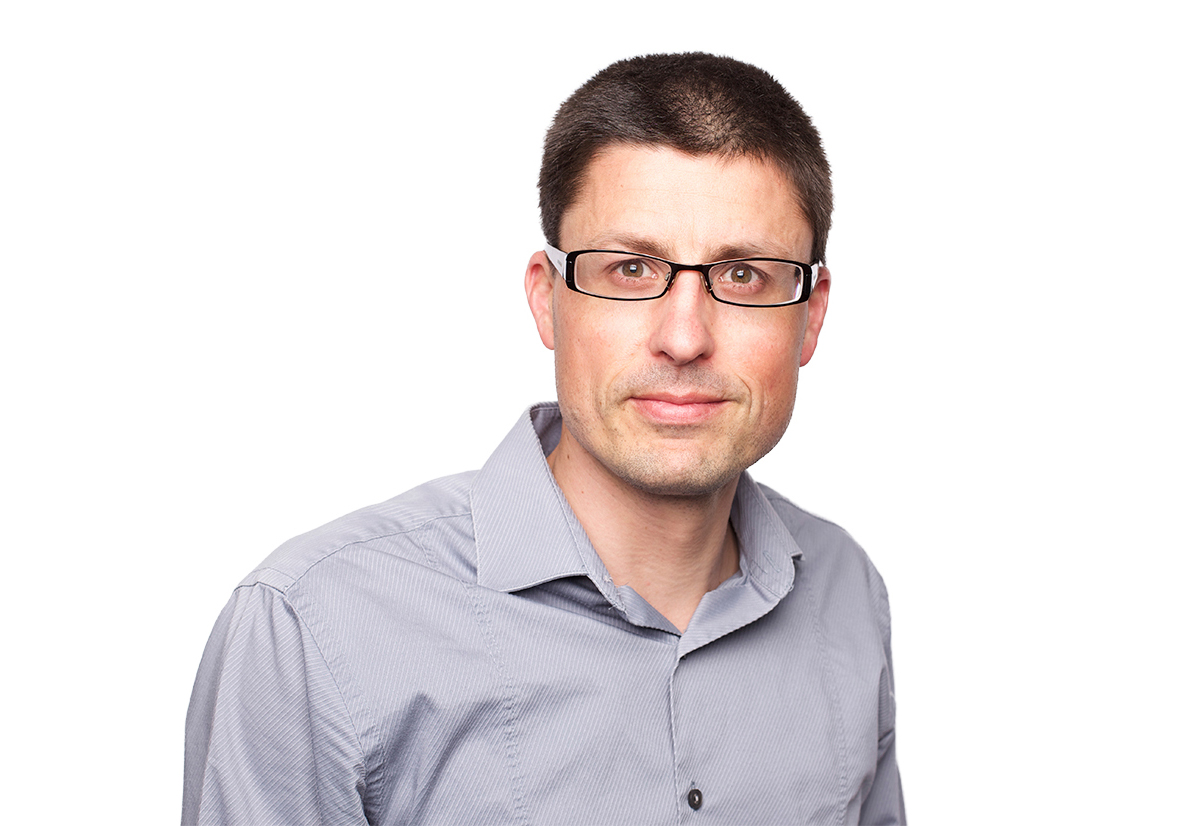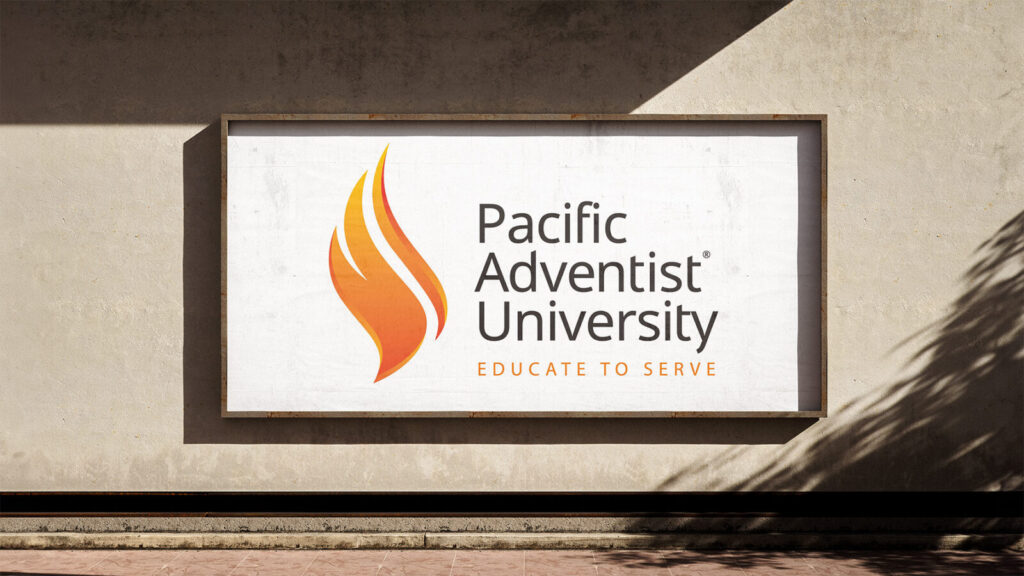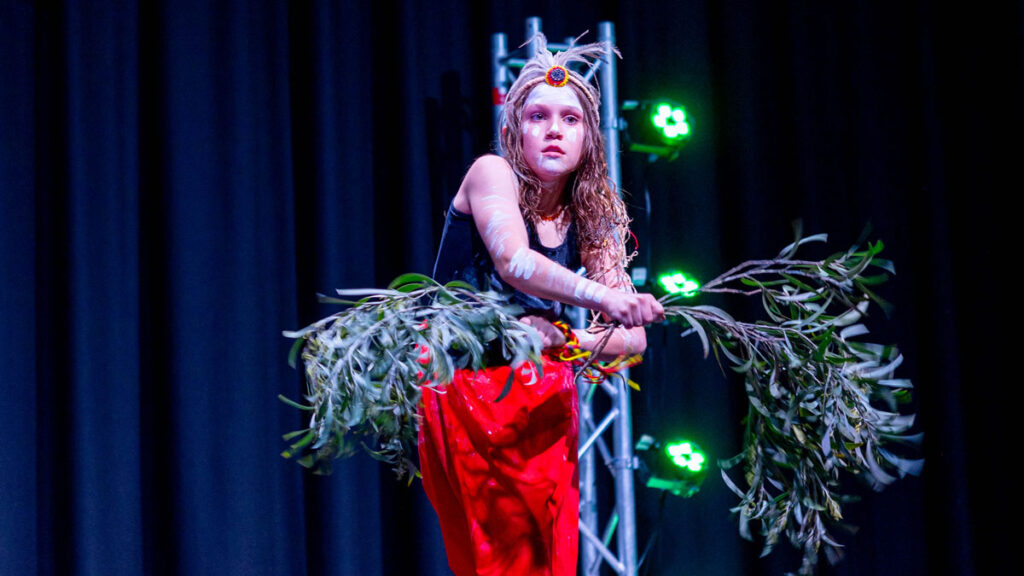It has finally happened (yet much sooner than expected). With a 124-year history that places it as one of the oldest, Avondale is the first higher education provider in Australia to become a university under new national standards.
It is the only addition to the “Australian University” category following a transition today to standards introduced by the federal government in February.
The Tertiary Education Quality and Standards Agency (TEQSA) congratulated Avondale for achieving the requirements under the revised Higher Education Standards Framework. “Our decision recognises Avondale’s commitment to student outcomes, its significant research progress and Avondale’s contributions to the communities it serves,” said Chief Commissioner Professor Peter Coaldrake.
The announcement is evidence of God’s leading, says Vice-Chancellor and President Professor Kevin Petrie. “I feel a deep sense of gratitude for the opportunity to bring further diversity to the sector, which will benefit students.” And, he adds, “I’m determined to use our new position to transform more lives through Christ-centred higher education. God will continue to bless as we continue to be faithful to His calling.”
Recognising the Avondale story “‘spans the century,’” Professor Petrie acknowledges, with appreciation, the contribution “of those who came before and of those who continue to mentor and collaborate with us.”
Avondale’s journey to become a university has spanned about 30 years. “It has all been worth it,” said Chancellor Pastor Glenn Townend, President of the Seventh-day Adventist Church in the South Pacific. “Avondale as a university will continue to provide graduates and research that blesses the church and the world around us. We thank God.”
Iurii Ponosov, the undergraduate representative on Avondale’s governing council, describes the announcement as “a proud moment.”
“We all look forward to graduating from Australia’s first Adventist university.”
The experience for students like Iurii will become an even better one because university status “strengthens our ability to provide high-quality, research-informed learning experiences,” said Provost Professor Kerri-Lee Krause. Avondale is a leader in delivering strong student outcomes, with national surveys showing levels of satisfaction and rates of employment that rank Avondale among the best higher education providers in Australia.
World-standard interdisciplinary research in historic Adventist fields of significance—health and wellbeing, Christian education, biblical studies and Christian spirituality—“supports the mission of the church and shows we’re here to serve our world for good,” said Professor Petrie. This informs civic engagement and leadership in areas such as pioneering lifestyle medicine interventions and challenging Anzac mythology to better understand our nation’s history.
Avondale’s registration as an Australian university marks the culmination of years of sustained quality development. It began in the mid-1970s with accreditation for degree programs and includes two previous applications (1994 and 2006) for university status. By 2012, Avondale had achieved a ratio of research publications per staff member equivalent to the mean across selected Australian universities. It also expanded its program of higher degrees by research. A relationship with mentoring partner Charles Sturt University followed as did the granting of self-accrediting authority. Only two years ago, in 2019, the national regulator approved a change of category application lodged by Avondale, from “Higher Education Provider” to “Australian University College.” This was the first time a higher education provider had qualified for a change of category under TEQSA.
Established in 1897, Avondale is a member of the worldwide Seventh-day Adventist system of universities and colleges and has graduated more than 12,000 students who serve largely in people-helping professions.






